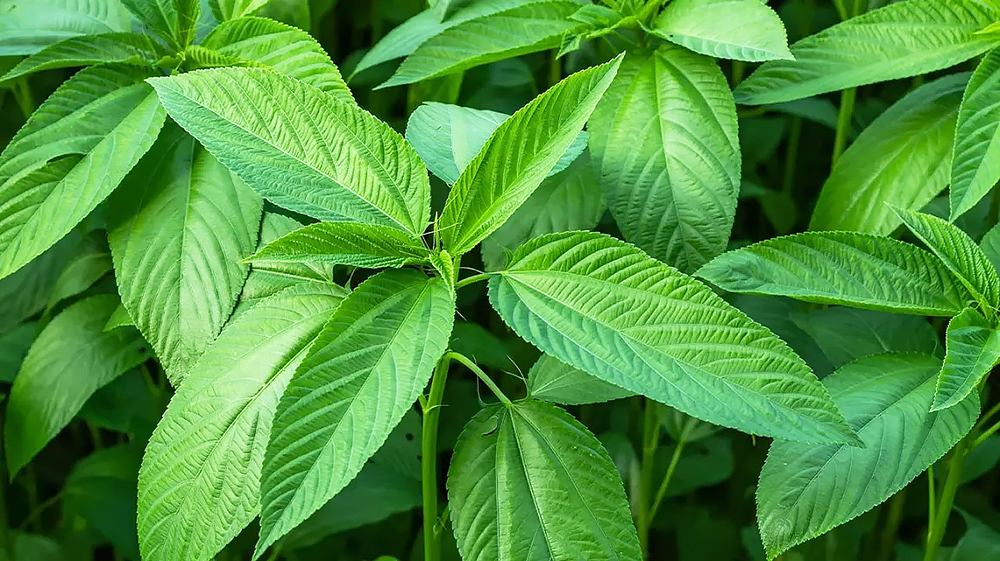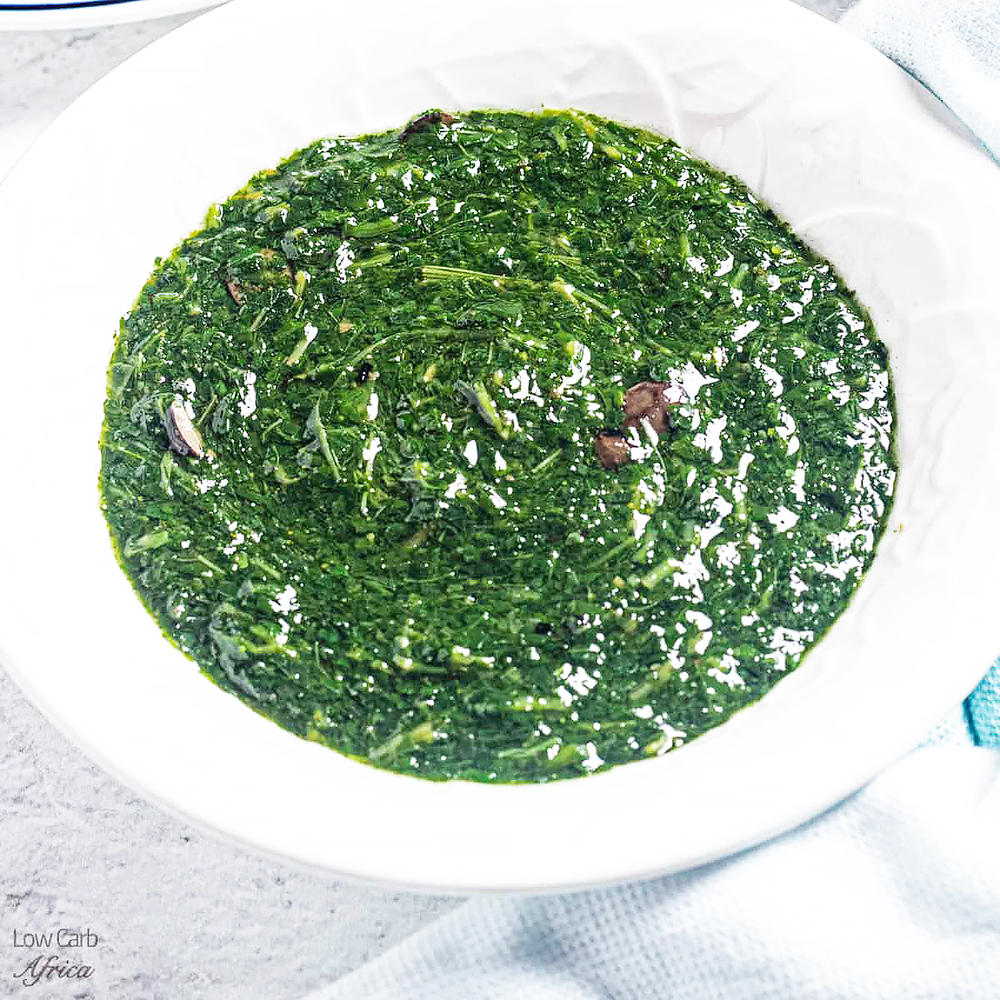Healing Powers Of Corchorus Olitorius (Ewedu, Jute Leaf)

Corchorus olitorious is an annual much-branched herb belonging to the Malvaceae family. It grows in grassland and fallow or abandoned fields. Popularly called jute leaves, it is commonly known as “ewedu” among Yorubas, “lalo” among Hausas, and “kerenkeren” among Igbos in Nigeria. It has been scientifically proven to be quite nutritious for humans and animals.
Ewedu has been part of the southwesterners’ diet for so many decades. In Nigerian cuisine, especially amongst the Yorubas, it is commonly used in making stew for eating starch-based foods such as amala. Ewedu could also be blended with gbegiri, a Nigeria soup. In Northern Nigeria, the leaf is known as lalo or ayoyo. It is used to make a sauce called miyan ayoyo which is commonly served with tuwon masara or tuwon allebo.
It is known that some people do not like to eat okra. This could be due to its spiritual effects. The jute leaf is a great substitute for okra.

The following are the nutritional and health benefits of ewedu or jute leaf, beyond its delicacy:
Presence of Essential Nutrients:
It contains nutrients such as Vitamin A, C, and E which reduce Illness in the human body. These vitamins, prevent the body from degenerating diseases.
It also contains potassium, which is quite beneficial to people managing high blood pressure and other cardiovascular diseases.
It Makes Skin Glow:
The presence of essential vitamins in the jute leaf increases the production of collagen which keeps the skin firm and beautiful. So you can grind the leaves and mix them with black soap and enjoy its skin glowing benefits.
You can also crush the fresh leaves and mix the paste with sugar and Epson Salt as a skin scrub.
Hair and Dandruff Cure:
You can have long and glowing hair if you, at least, twice weekly, use fresh jute leaves juice to wash your hair overnight. Rinse off with clean water – the next morning. This simple procedure can also help eliminate dandruff.
Boost Immune System:
Ewedu leaves are also known for boosting immunity and nourishing the body system.
Boil fresh ewedu leaves without crushing them; like you do when you want to cook them for consumption. Just boil for 10 minutes and drink a half cup early morning. This can even prevent endemic and pandemic infectious diseases.
You can also dry them and grind them to a fine powder. Then, mix a teaspoon of it with pure honey and lick to boost your immune system.
For Inflammatory Issues:
Jute is often used for anti-inflammatory treatment. Some people believe that it cures chronic inflammation of the urinary bladder.
Take a tea for this purpose.
Improves Sight:
The beta-carotene in jute leaves helps to improve sight.
Squeeze fresh jute leaves into clean water. Pour the juice into a bowl and open your eyes inside the bowl for a minute or two. Do this 6 times daily.
Prepare a fresh one the following day.
Rich in Calcium:
Ewedu leaves contain a high amount of calcium which contributes to making teeth and bones stronger.
If you have calcium deficiency, prepare it with a snail and enjoy the calcium benefits. This is one reason it is often recommended for pregnant women among Yorubas.
An Anti-oxidant:
If you are concerned about wrinkles, ewedu is here to the rescue with its anti-oxidant substances.
All plants contain anti-oxidants because they use the nutrients to protect themselves.
Rich in Fibre:
Being rich in fiber, continuous consumption of this slimy vegetable (like okra and aloe vera) helps to regulate blood pressure, cholesterol build-up, and diabetes. It lowers the risk of asthma and cancer. It also prevents heart disease and can help with constipation.
Contains Oxytocin for Easy Child Delivery:
Ewedu is commonly used by Yorubas for pregnant women. They eat it with snails, especially during the third trimester of pregnancy. Once a pregnant woman’s EDD remains for two weeks, they prepare ewedu as a regular delicacy.
It, generally, boosts fertility in both men and women as it supports the production of sperm and boosts ovulation.
Treatment of Ulcer and Internal Bleeding:
Ewedu seed is a powerful wound healer. You can spread powder from the seed directly on wounds.
Mix the seed with honey or palm kernel oil for stomach ulcers. Take two tablespoons, twice a day.
For internal bleeding, drink fresh juice of jute leaves about twice to three times a day. Take jute leaves juice for diarrhea and dysentery conditions respectively.
Jute is a powerful vegetable that can be used as medicine, food, and for positive energy.
For further information, contact us via our website www.mahchealthcare.com.
Dr. Joel Logbo 07030420960.



Leave a Reply